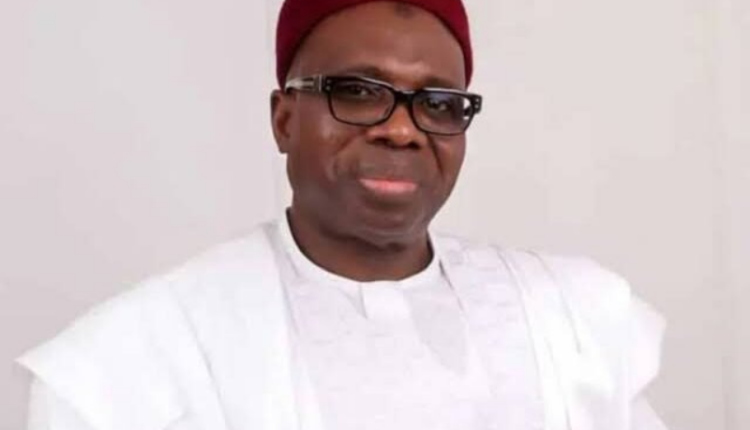BREAKING: Former CPC Leader Mumuni Backs Tinubu, Urges Shifting From Symbolism To Solutions

A renewed declaration of support for President Bola Ahmed Tinubu by a former stalwart of the now-defunct Congress for Progressive Change (CPC) has stirred public discourse.
While political endorsements are common, the current wave of hardship faced by ordinary Nigerians demands more than political grandstanding—it calls for meaningful engagement and impactful solutions.
The Congress for Progressive Change (CPC), established in 2010, was a key player in the 2013 merger that birthed the All Progressives Congress (APC), the ruling party that brought President Tinubu to power. Despite its dissolution, the ideological underpinnings of the CPC continue to influence Nigeria’s political framework.
However, the recent show of loyalty by a former CPC figure has raised eyebrows, especially in the context of Nigeria’s ongoing struggles.
“Support must go beyond declarations,” said Ambassador Abayomi Nurain Mumuni, a former CPC governorship candidate in Lagos State and a member of the APC Security Committee during the 2023 elections.
“We must offer practical solutions to ease the burdens on the people. Political alignment should be about ideas, not mere symbolism.”
Mumuni’s comments come at a time when many Nigerians are enduring unprecedented economic hardship, marked by rising inflation, widespread unemployment, and persistent insecurity fueled by insurgency and crime.
“In a nation where citizens are barely surviving, political actors—whether incumbent or former—must be mindful of how their actions are perceived,” he stated.
“Endorsements should not be disconnected from the reality of the masses.”
He urged that support for the president must include strategic economic revival efforts such as empowering local enterprises, attracting genuine foreign investment, and ensuring job creation schemes that are sustainable.
Addressing insecurity, he proposed a shift toward intelligence collaboration, community policing, and grassroots participation.
He also called for expanded social welfare policies including food security programs and affordable healthcare, and stressed the importance of infrastructural development to stimulate growth in sectors like transportation, energy, and technology.
Furthermore, Mumuni highlighted the importance of listening to the people by facilitating public forums and civic engagement to rebuild trust and shape inclusive policies.
Mumuni’s intervention is a reminder that political expression must translate into responsive governance. While loyalty to President Tinubu is acknowledged, the focus, he insisted, must shift from personal allegiance to national advancement.
“Our loyalty must reflect in our solutions, not just our slogans,” he concluded. “If we are truly committed to President Tinubu’s success, we must stand beside him with ideas and actions that uplift Nigeria.”
